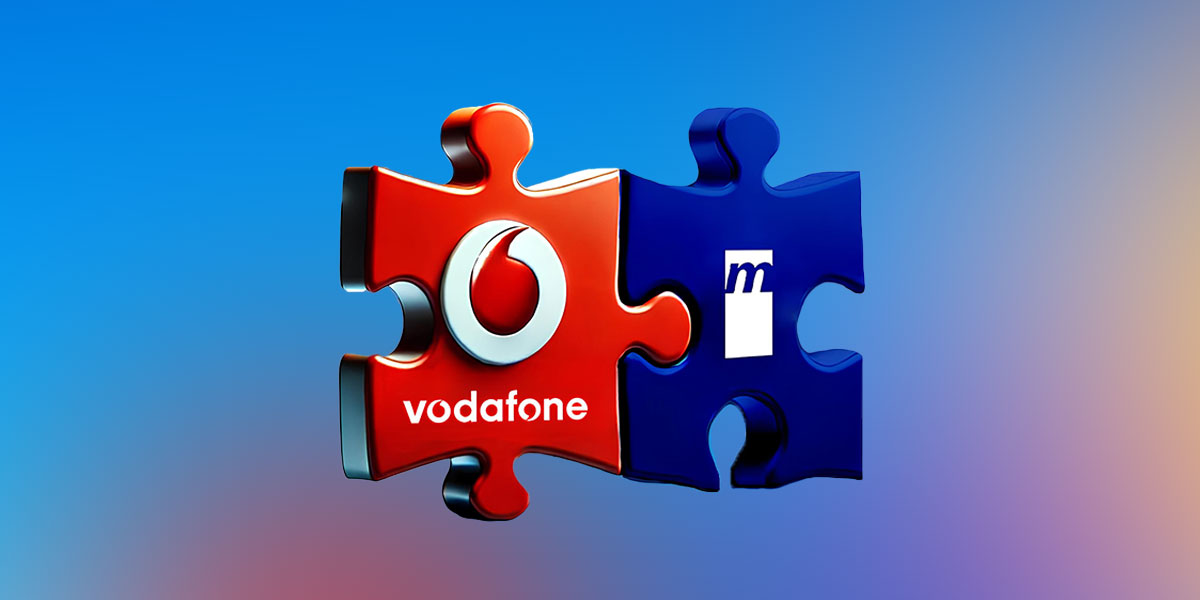On February 4, 2000, Vodafone AirTouch PLC made history by acquiring Mannesmann AG for over $190 billion. This transaction became the largest merger and acquisition (M&A) at the time and reshaped the global telecom industry, setting new standards for cross-border M&A.
This acquisition was more than just a business transaction—it was a step toward a more interconnected world. By absorbing Mannesmann, Vodafone strengthened its position in Europe and established itself as a global telecom leader, setting the stage for future industry consolidations.
Redefining the Telecom Landscape

Before the merger:
Mannesmann was a leading German telecom powerhouse, representing European industrial strength.
Vodafone, headquartered in the UK, had recently merged with U.S.-based AirTouch Communications, boosting its expansion ambitions.
The Mannesmann acquisition was a strategic decision to:
Gain a competitive advantage in the expanding mobile market.
Meet the rising demand for mobile communications across borders.

Impact:
This deal made Vodafone the largest mobile operator globally by subscribers, securing its dominance in key European markets and initiating an era of telecom megamergers that continue to shape the industry today.
Setting New Standards for Cross-Border M&A
The Vodafone-Mannesmann deal stood out not only for its size but also for the complexities involved.
Despite initial resistance, Vodafone successfully won over Mannesmann’s shareholders, underscoring the growing trend of cross-border mergers.

Key Lessons from the Deal:
1- Navigating International Challenges: Vodafone addressed international regulations, cultural nuances, and economic factors.
2- Demonstrating Value of Scale: This merger highlighted the importance of scale and innovation in the telecom industry.
3- Standardizing M&A Negotiations: It set new benchmarks for shareholder negotiations, strategic partnerships, and M&A conduct on a global scale.
This acquisition became a playbook example for companies venturing into cross-border markets, showcasing the need for consolidation in a rapidly evolving industry.
The Transformative Impact on Industry Trends
At DIFO, we recognize the significance of such historic deals and their transformative impact on industry trends. Vodafone’s acquisition of Mannesmann wasn’t just a financial movement, it underscored the evolving needs of the telecom industry, highlighting trends that continue to shape sectors like technology, healthcare, and finance today.
- Major transactions often inspire other industries to explore similar consolidations.
- Deals like this give valuable insights into driving innovation, growth, and stakeholder value.
Looking Ahead: The Power of Strategic Deals

Over two decades later, the Mannesmann acquisition offers lessons for companies aiming to expand, enter new markets, or drive innovation. Bold acquisitions continue to unlock transformative growth and redefine entire industries.
-
1- What challenges do companies face in cross-border mergers?
Cross-border mergers often involve navigating different regulations, cultural differences, and economic conditions, which require strategic planning and negotiation.
-
2- How did the Vodafone-Mannesmann deal impact European telecom markets?
This deal allowed Vodafone to expand its presence across Europe, intensifying competition and prompting other telecom companies to consider mergers and expansions.
-
3- Are mega-mergers still common in the telecom industry today?
Yes, while not as frequent, telecom mega-mergers continue as companies look to expand their reach, develop 5G technology, and meet growing data demands globally.





